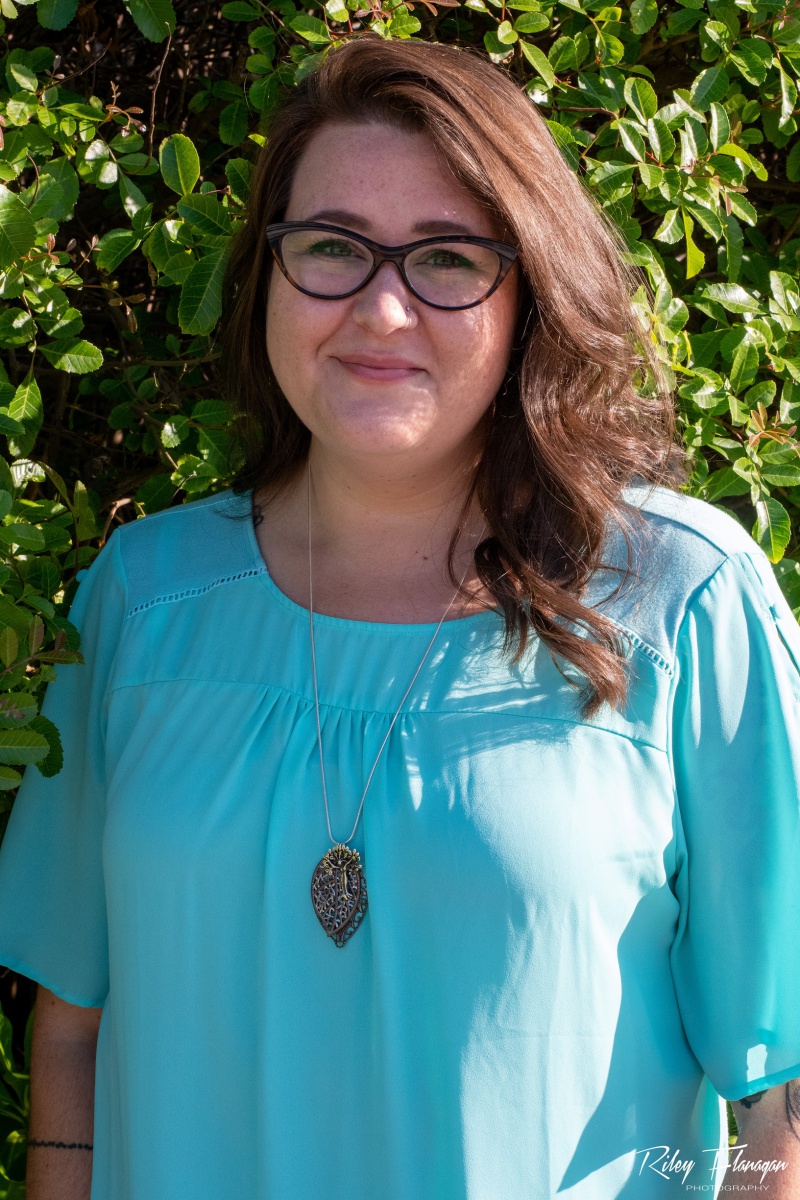Overview
Supporting Exceptional Students: The Intersection of Social-Emotional Learning and Disability

- Module One: Student Development and Social Emotional Learning (SEL)
- Module Two: Disabilities and Exceptionalities
- Module Three: SE and MH Challenges in Children and Adolescents
- Module Four: Strategies for Responding to Challenges
Target Audience
School-based staff as well as behavioral health professionals including teachers, school staff, counselors, social workers, peer support specialists, and other human services professionals who would like to increase their understanding of the intersection of social-emotional learning and disability for students.
Modality
This course consists of 4 online self-paced modules, each approximately 45 minutes in length for an estimated total of 3 hours. Participants must complete all 4 modules, their respective end of module quizzes, a post-test, and a course evaluation to receive a certificate of completion. This course takes approximately 3 hours to complete.
Policies and ADA Accessibility
If you require any of the auxiliary aids or services identified in the Americans with Disabilities Act in order to participate in this program, please call us at (919) 843-6083, or e-mail us at bhs-support@unc.edu. Websites and courses have been developed in compliance of US Section 508 standards where applicable or meeting W3C priority 1 guidelines for web accessibility.
Please send all questions, concerns, and support inquiries to:
bhs-support@unc.edu
Training Details
Module One: Student Development and Social Emotional Learning (SEL)

This module describes holistic child development with a specific focus on the domain of social-emotional development from preschool through high school.
Learning Outcomes
Learners completing this module will be able to:
- Demonstrate their knowledge of social-emotional development in children from Pre-K through high school.
Module Two: Disabilities and Exceptionalities

This module describes the 14 recognized disabilities under the Individuals with Disabilities Education Act (IDEA) that give access to additional services through the Exceptional Children’s program, as well as how SEL may be impacted by a student’s disabilities/exceptionalities.
Learning Outcomes
Learners completing this module will be able to:
- Identify the 14 recognized disabilities under IDEA and the intersection of disabilities and social emotional learning.
Module Three: SE and MH Challenges in Children and Adolescents

This module describes SE and MH challenges in school-aged students from Pre-K through high school. Possible thoughts, feelings and behaviors associated with neurodevelopmental, mood, trauma, behavioral and other challenges will be discussed.
Learning Outcomes
Learners completing this module will be able to:
- Demonstrate knowledge of each above-mentioned categories.
Module Four: Strategies for Responding to Challenges

This module describes concrete tools that can be used by school-based professionals in responding to emotional and/or behavior challenges exhibited by students in K-12.
Learning Outcomes
Learners completing this module will be able to:
- Demonstrate their knowledge of useful skills in responding to challenges with students in K-12.
Register

- Please be sure to be logged on to the BHS site.
- Click the button below "Take Me to the Course" to enter the course; the course will open in a new tab.
- You can re-visit the course by visiting your "My Courses" tab on your account page.
Presenter

Halley M. Carmack, LCSW, MSW has dedicated her career to supporting the mental health of young children and the adults who care for them. As a Licensed Clinical Social Worker (LCSW) since 2011, Halley has worked in diverse settings including community mental health clinics, schools, childcare centers, and prevention programs. She is currently in private practice where she uses evidence-based strategies to address behavioral challenges, wounded attachments, and the impacts of trauma.
When not working directly with children and families, Halley develops and facilitates continuing education for those involved in caring for young children in a variety of roles. A graduate of the UNC-Chapel Hill School of Social Work, Halley is committed to supporting the network of care for children across the state of North Carolina. In her free time Halley enjoys art and music in every form, as well as spending time in nature.
Continuing Education
UNC SSW, 1406, is approved to offer social work continuing education by the Association of Social Work Boards (ASWB) Approved Continuing Education (ACE) program. Organizations, not individual courses, are approved as ACE providers. State and provincial regulatory boards have the final authority to determine whether an individual course may be accepted for continuing education credit. UNC SSW maintains responsibility for this course. ACE provider approval period: 8/10/25-8/10/28. Social workers completing this course receive 3 general continuing education credits.
UNC SSW has been approved by NBCC as an Approved Continuing Education Provider, ACEP No. 6642. Programs that do not qualify for NBCC credit are clearly identified. UNC SSW is solely responsible for all aspects of the programs. The successful completion of this online course qualifies for 3 contact hours.
Approved by the Division of Child Development and Early Education North Carolina Department of Health and Human Services for 3 contact hours.
This training meets the following competencies for the Infant and Early Childhood Mental Health Endorsement®:
- Infant/young child development and behavior
- Attachment, separation, trauma, grief, and loss
- Observation and listening
- Responding with empathy
- Developmental guidance
IECMH Endorsement is a way to demonstrate that you have the skill, experience and knowledge to work with pregnant women, infants, young children, and their families. It is a standardized process that involves documenting competency-based training, specialized work experiences, and Reflective Supervision/Consultation.
NC Infant and Early Childhood Mental Health Association NCIMHA is the only organization authorized to grant an Infant and Early Childhood Mental Health Endorsement (IECMH-E) in North Carolina. NCIMHA's purpose is to equip and support North Carolina’s infant and early childhood mental health professionals. https://www.ncimha.org.

Meets competencies for the Infant and Early Childhood Mental Health Endorsement®

